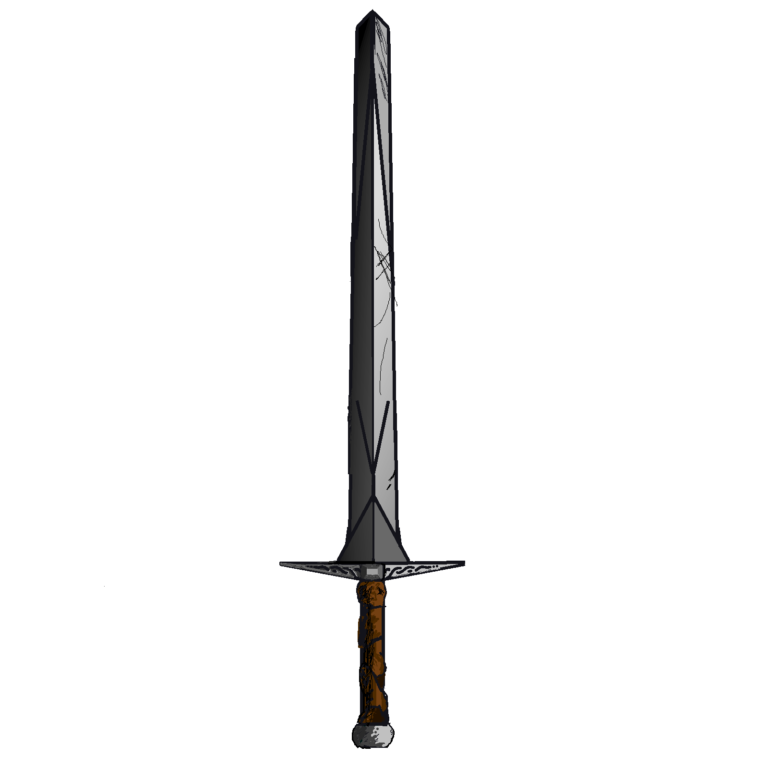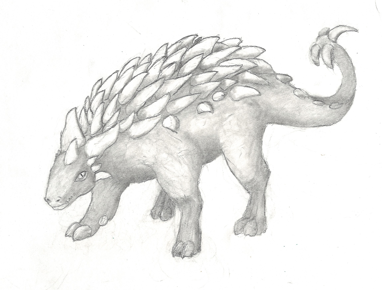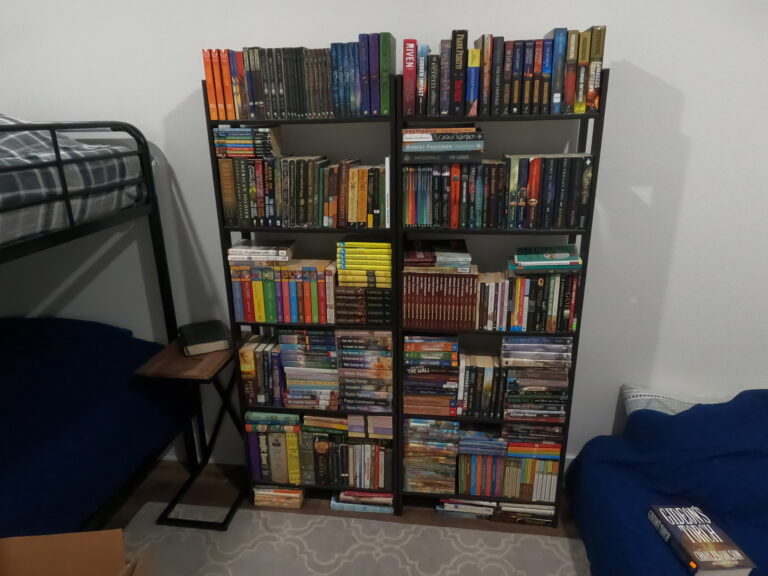The second half of yesterday’s interview.
I am delighted once again to have Amy Ullrich, a young author, with me on the blog. In the first part of our interview, we talked about her book Among the Great, and if you missed that, definitely check it out on my blog here (author interview with Amy Ullrich).
She has some great advice for all writers in this part of the interview, so if you’re interested, definitely stick around!!
I know that these words have certainly put me to work on my own writing.
…
Indy. The aspect that stood out to me the most about your book Among the Great was the characters. They all seem lifelike. Do you have any advice for crafting characters like this?
Amy. I have read all sorts of books and articles on creating characters, and though this research helped me a lot, I’ve found that there really is no golden formula for creating lifelike characters.
However, here are a few very important things to keep in mind: First of all, you must know your character! If your character doesn’t feel real to you, he won’t feel real to your readers. Secondly, choose a theme that you have personal experience with. If your characters have struggles that are similar to your own, it’ll be much easier to write them authentically. Thirdly, study real people and study well-developed fictional characters. Create a mental library of different personality types, quirks, speaking styles etc. The better you know and understand people, the more developed your characters will be.
Indy. I also noticed that you painted your scenes and all the actions with quick lively descriptions. Your prose was excellent. Do you have any pointers for us who struggle with being concise and also precise?
Amy. First of all, I must admit that many of my scenes were not quick and lively at first! It took many, many edits to get them right. I think that the secret to finding the balance between being concise and precise is working out how much you need to explain, and how much your readers can work out for themselves. This is particularly true when describing action. As a writer, it’s easy to fall into the trap of trying to describe every movement. But actually, unless the gaps are too big, readers automatically fill them in with their minds.
For example, imagine you’re describing a scene where a character is sitting down when there’s a knock at the door. You could say “She started in surprise. She stood up, walked quickly over to the door, put her hand on the handle, turned the handle, and opened the door.” But you can create the same picture and keep the prose much tighter by simply saying, “Starting with surprise, she jumped up and opened the door.”
Finding that balance between explaining too little and explaining too much takes practice! If you’re struggling, the best thing is to closely analyze the prose of authors you admire and see how they do it.
Indy. Awesome. I’ll try that. So, do you have research tips/tools for writing historical fiction?
Amy. Yes! Be very careful not to give yourself information overload. If you have too many intricate facts in your head before you start creating the fictional aspect of your story, it’ll be much harder for you to write an engaging story that isn’t fact-heavy. What I do is I research the general time period, setting, and major historical characters and any details that might be crucial to the story. Then I outline the story, making sure it fits with the broader historical facts. As I write the first draft, I take note of the smaller gaps in my research such as details about clothing styles, what they ate for breakfast, etc. Once the first draft is finished, I go back and research those details. I’ve tried different methods, but definitely find that this one works the best for me.
Another tip I have is to get yourself at least one really good, reliable book about the period or historical character you are building your story around. Google has its limitations when it comes to research, and there’s nothing like having a really good book that you can quickly reference.
Indy. Nice. What advice would you give a young writer who hopes to finish a book?
Amy. Keep writing! Writing is hard. You may often feel like you’re fighting a war rather than creating a piece of art. But if you believe you have a story worth fighting for, stick with it and don’t give up!
Indy. Thank you so much for joining us here and all that wonderful advice.
Join Amy’s email list here. [https://amyullrich.com]
Find out more about Amy’s book, Among the Great here [https://amyullrich.com/among_the_great/]
Featured Post.
On Sunday, I shared nine ways to get into the fantasy mood!
- Buy a knife.
- Create a fantasy music playlist (of course!)
- Wear all black for a day.
- …





